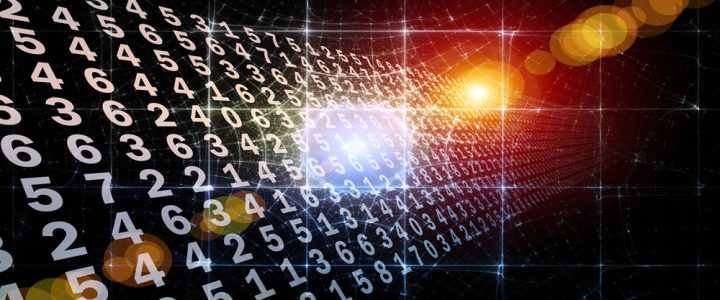Students attending Digital Signal Processing (DSP) classes (6 CFU for Mechatronics Engineering) are kindly invited to enroll on Delphi for virtual classroom registration. Please inform the teaching secretariat if you have any problems. Please inform the didactic secretariat of any issues.
A.Y. 2023-24 – Digital Signal Processing – 1st Year II semester (6 cfu)

 UNIVERSITA' DEGLI STUDI ROMA "TOR VERGATA"
UNIVERSITA' DEGLI STUDI ROMA "TOR VERGATA"